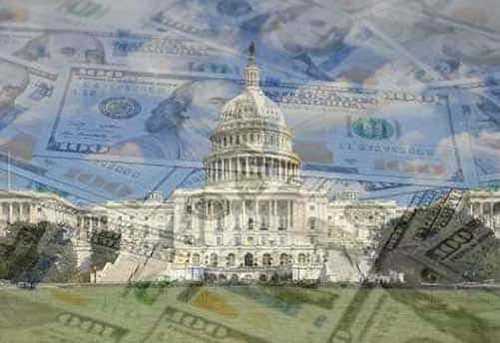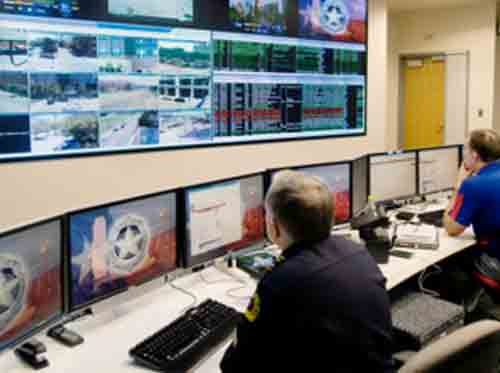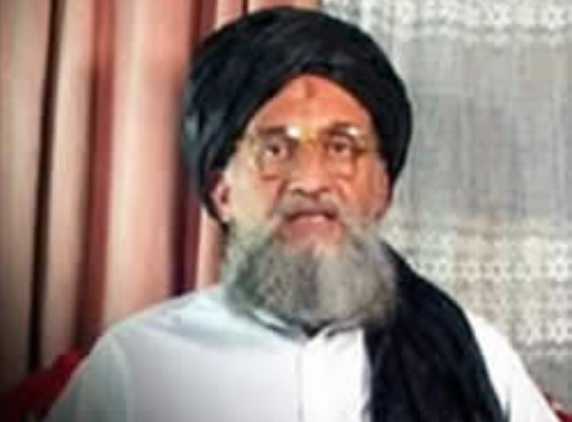28 September 2011 –The United Nations committee entrusted with helping countries tackle terrorism held a day-long meeting at UN Headquarters in New York today, withSecretary-General Ban Ki-moon warning that the threat is still as great as it was at the time of the 2001 attacks against the United States.
“Terrorism is still as potent a threat today as it was 10 years ago,” he told the Security Council Counter-Terrorism Committee (CTC), which was set up in the days following the attacks by Al Qaida against New York and Washington on 11 September 2001.
“Tens of thousands of people have lost their lives. Repeated attacks have had severe economic consequences and taken a toll on State stability and regional harmony.”
In an opening statement, Mike Smith, Executive Director of the Counter-Terrorism Committee’s Executive Directorate (CTED), noted that the international community had become much more aware of the need to take united action against terrorists, and of the fact that human rights and counter-terrorism are mutually reinforcing and need not conflict.
“Counter-terrorism programmes that ignore the human rights dimension are less effective and can even be counter-productive,” he said, stressing that as a matter of course the CTED includes human rights issues in its dialogue with Member States.
He also stressed “the critical need” to address the social and other societal conditions that terrorist recruiters exploit to persuade young people to support their cause.
“Naturally issues such as education, humanitarian support and good governance are important for their own sake, but they are also relevant to our work and should be taken into account in broader, more comprehensive and integrated strategies to address terrorism,” he said.
“We spend a lot more time these days talking to countries about the value of adopting a comprehensive national strategy to counter terrorism, and of setting up coordination mechanisms that ensure all parts of their governments understand what the over-arching goal is, and where they fit into the counter-terrorism scheme.”
He noted that the CTED’s close relationship with international and regional organizations such as the global police body Interpol, the Organization of American States (OAS), the African Union (AU) and the Council of Europe.
The organizations “have a familiarity with their member states, a strong presence in key countries, and very often important technical expertise,” Mr. Smith said. “Partnering with them means our recommendations are followed up and better implemented in-country than otherwise we could reasonably expect.”
With regard to the problem of incitement, he stressed that counter-terrorism work will have to engage actors going well beyond government. “We will need to work with civil society, professional associations, academics, journalists, parliamentarians, the private sector, teachers and religious leaders,” he said. “How to do this will be a challenge but it is one that all of us will need to take up.”
Source: U.N.





